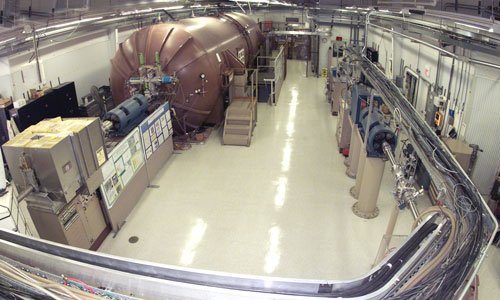South Africa Is Now Home To Africa’s First Accelerator Mass Spectrometry
Yesterday, South Africa’s Science and Technology Minister, Naledi Pandor unveiled in Johannesburg, the first Accelerator Mass Spectrometry (AMS) in Africa. The technology is being hosted at the iThemba Lab, and it effectively puts South Africa in the same league as other leading accelerator-based research countries in the world.
AMS is a technology used in measuring long-lasting radioisotopes. It is popularly used for radiocarbon dating, analysis of geological and hydrological samples and in determining the chronological age of historical artifacts. The AMS is vital in the study of biological materials like bones and tissue.
A representative of the iThemba Lab, Simon Mullins said, unlike the many AMS facilities established worldwide that transact radiocarbon dating, the South African AMS will mainly focus on research-orientation and in-depth analysis into broader ranges of isotope. In addition to this, the AMS will be an invaluable educational tool for postgraduate students undertaking their masters or doctoral degrees.
The iThemba Lab is set to accommodate Beryllium radioisotopes that are conventionally used in the analysis of ice cores. This is expected to go a long way in helping South African scientist in doing their research on climate change in Antarctic. The lab will also be used for biomedical research, palaeosciences and archaeology. Currently, the lab can boast to be the only lab in Africa hosting an AMS lab.
The iThemba Lab is being funded by the International Atomic Energy, National Research Foundation and Pandor’s department. Its great to see Africa/South Africa get its own Accelerator Mass Spectrometry.





Comments are closed.